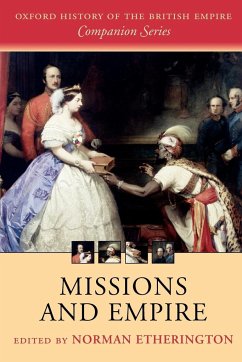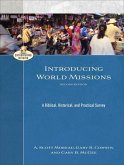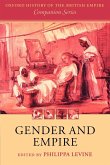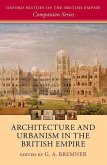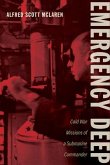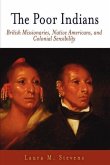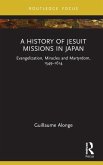The explosive expansion of Christianity in Africa and Asia during the last two centuries constitutes one of the most remarkable cultural transformations in the history of mankind. Because it coincided with the spread of European economic and political hegemony, it tends to be taken for granted that Christian missions went hand in hand with imperialism and colonial conquest. In this book historians survey the relationship between Christian missions and the British Empire from the seventeenth century to the 1960s and treat the subject thematically, rather than regionally or chronologically. Many of these themes are treated at length for the first time, relating the work of missions to language, medicine, anthropology, and decolonization. Other important chapters focus on the difficult relationship between missionaries and white settlers, women and mission, and the neglected role of the indigenous evangelists who did far more than European or North American missionaries to spread the Christian religion - belying the image of Christianity as the 'white man's religion'.
The widespread idea that Christian missions went hand in hand with Imperialism and colonial conquest is challenged here by a group of eminent historians. By showing the variety of missions and the vital role played by indigenous men and women, they place missions in a long historical perspective.
The widespread idea that Christian missions went hand in hand with Imperialism and colonial conquest is challenged here by a group of eminent historians. By showing the variety of missions and the vital role played by indigenous men and women, they place missions in a long historical perspective.

